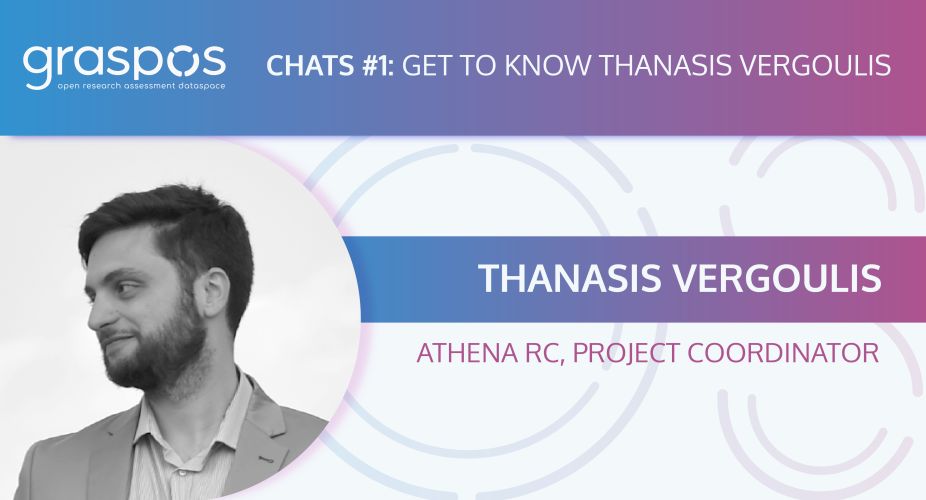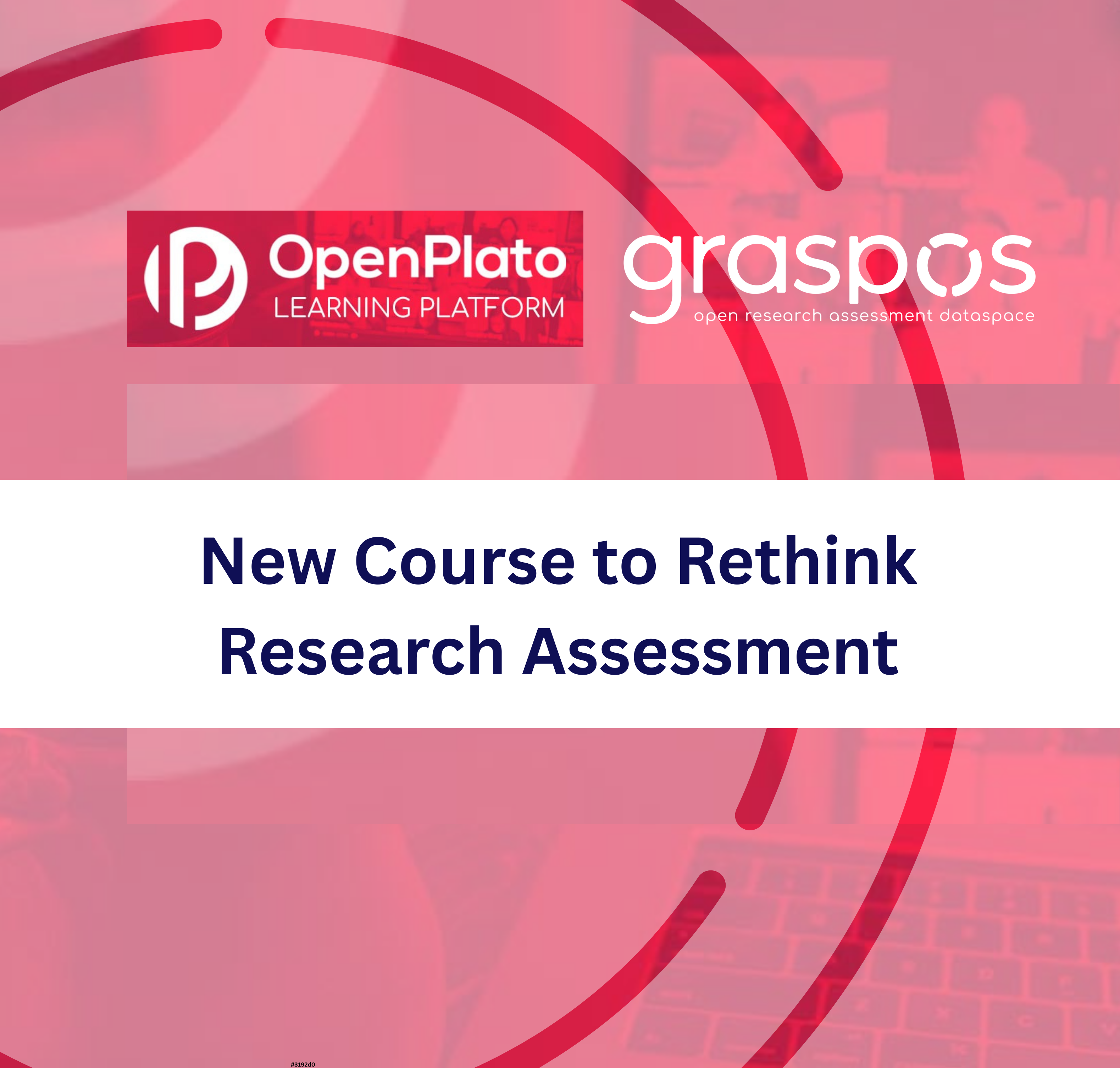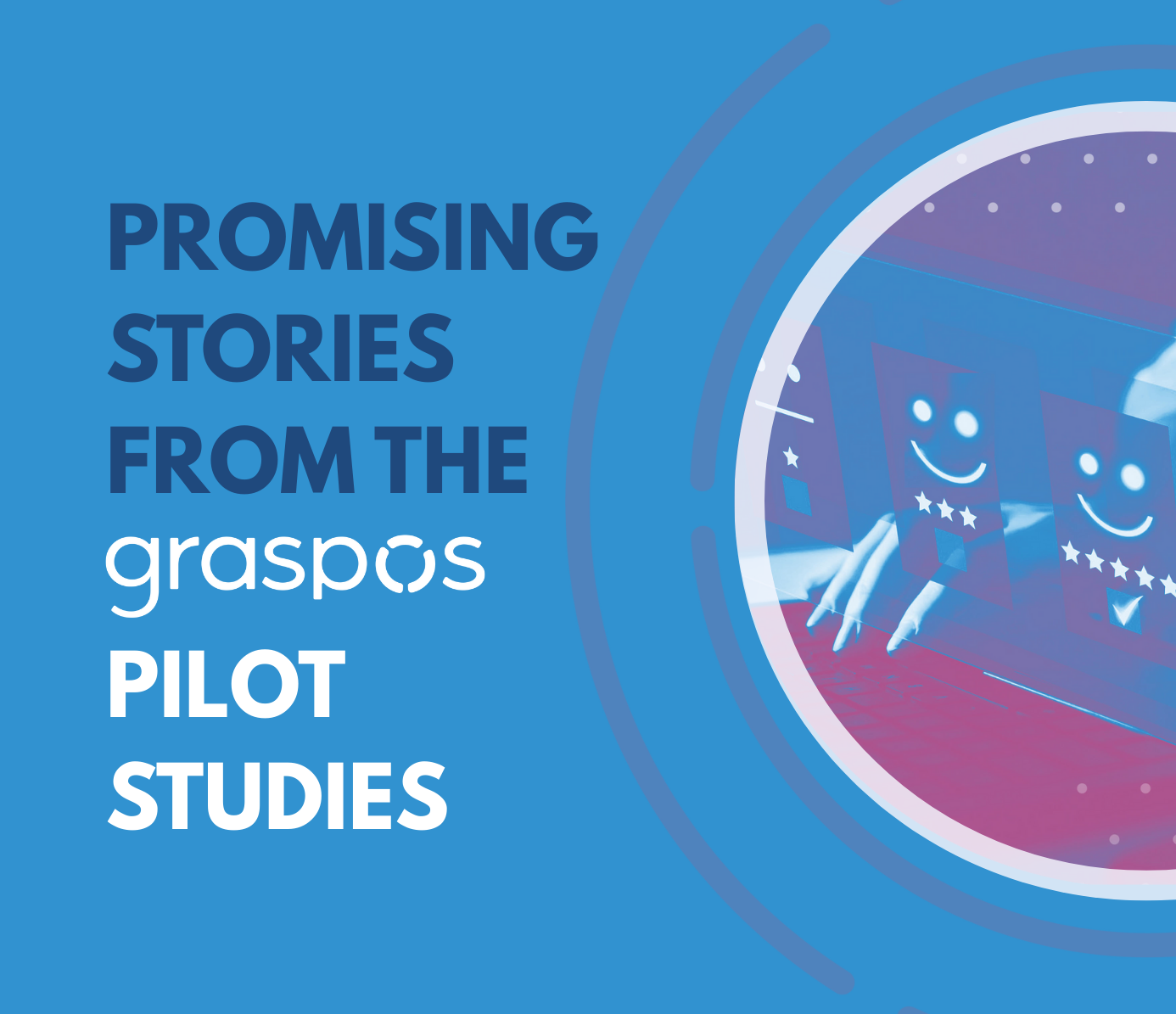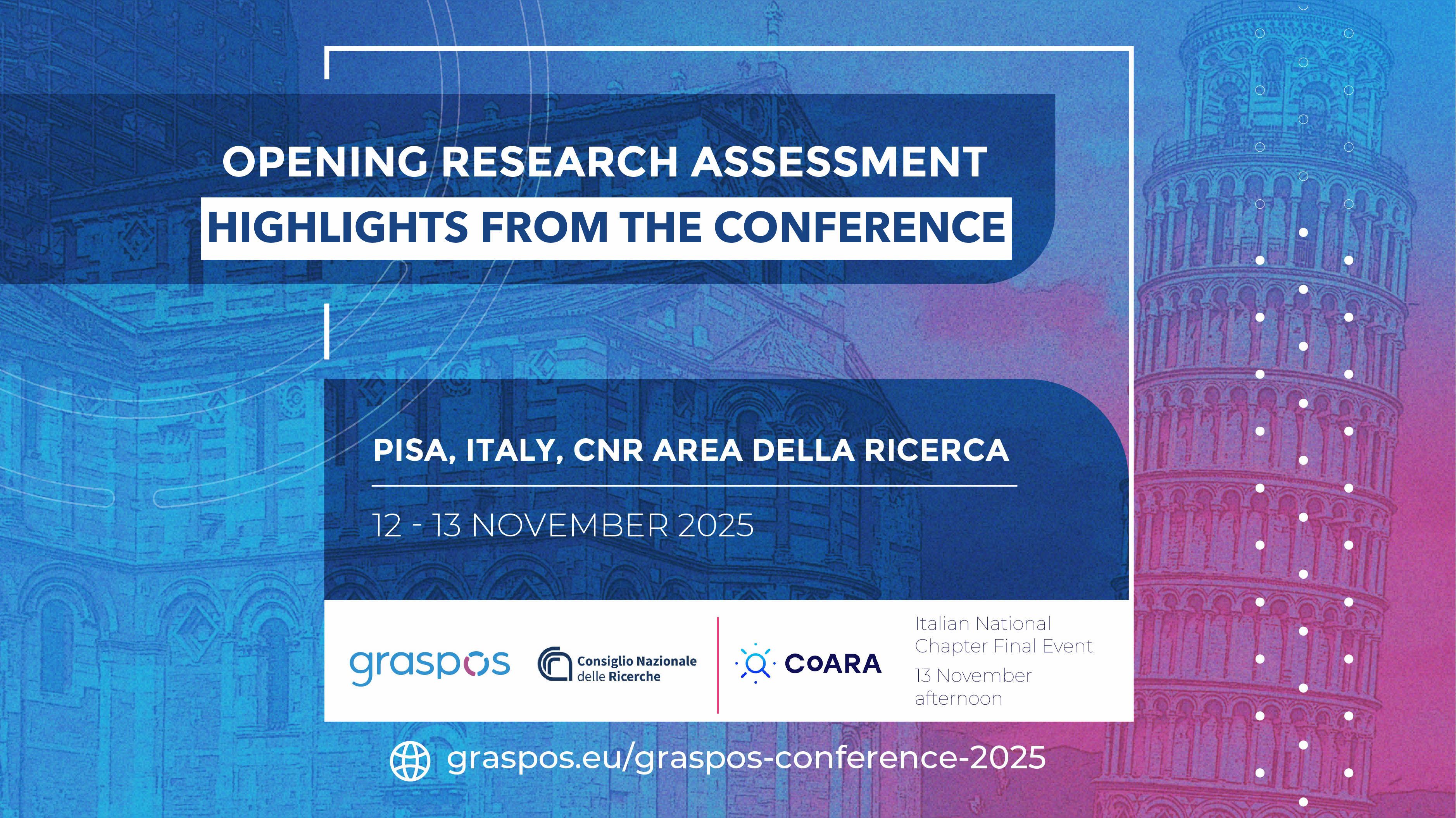GraspOS chats #1 Get to know Thanasis Vergoulis

IN THIS SERIES OF INTERVIEWS WE FEATURE GRASPOS MEMBERS TO PRESENT THE PEOPLE BEHIND THE SCENES. WHAT IS THEIR ROLE IN THE PROJECT, THEIR BACKGROUND, AND THEIR VIEW ON THE NEED FOR AN OPEN SCIENCE-AWARE RESPONSIBLE RESEARCH ASSESSMENT SYSTEM?
Thanasis Vergoulis works at the Athena Research and Innovation Center in Information, Communication and Knowledge Technologies (ATHENA Research Center). ATHENA Research Center conducts research in Informatics and Computational Sciences ensuring it has an impact on society.

Thanasis, what is your role in the GraspOS project? What are your tasks and responsibilities?
I was heavily involved in the proposal preparation and I am the lead technical manager of GraspOS. My work is to ensure the successful completion of the project offering technical leadership and expertise, supervising the technical activities, facilitating the communication among the development teams, and overseeing the quality of the technical outputs.
What is your background in terms of previous work experience and academic discipline, and which specific perspective(s) does that background contribute to GraspOS?
I have studied computer engineering and informatics for my bachelor degree and I have completed my PhD in data management. Following the completion of my doctoral studies, I started working at ATHENA Research Center in Greece as a scientific associate. With that role, I had the opportunity to contribute to a variety of challenging EU and national ICT projects focused on big data management, scientific knowledge representation and management, scientometrics, research analytics, and bioinformatics. Since most of the previous fields heavily rely on the availability of scientific knowledge and data, I soon understood the importance of the Open Science movement and became a passionate advocate. Also, from June 2022 onwards, I have the honour to act as the Development & Operations Director of OpenAIRE AMKE, a non-profit organisation committed to support the transition to Open Science in Europe. These experiences have allowed me to gain valuable technical skills and expertise in the field of Open Science.
Why do you think we need an Open Science-aware research assessment system? What are the challenges to achieving policy reforms?
In my view, Open Science is crucial for advancing scientific progress, however, at least for now, we cannot claim that the scientific community as a whole is close to fully embracing Open Science principles. I believe that reforming research assessment practices to incentivise greater adoption of Open Science can motivate researchers to adopt those principles more widely. At the same time, a wider adoption of the Open Science principles can also facilitate Responsible Research Assessment, making a wealth of data available to extract qualitative evidence and calculate indicators to support the respective evaluation processes.
In other words, there are opportunities for Open Science and Responsible Research Assessment to mutually reinforce each other. However, there are many challenges that should be addressed. For instance, assessing research and researchers in a fair and responsible way is not an easy task. It requires a shift away from over-relying on a small set of quantitative indicators that are usually non-transparently calculated and often misunderstood towards a more comprehensive approach that considers different aspects and merits of research work and incorporates qualitative evidence. Additionally, we should also be mindful of the potential unintended consequences of promoting Open Science in research assessment. For instance, in some fields, researchers may be unable to publish their data because they contain sensitive information (e.g., imagine a precision medicine researcher working with human genomes). This could unfairly disadvantage them during the evaluation process. GraspOS is aiming to address such challenges and to pave the way for the respective policy reforms.
What are you currently working in the project?
In addition to coordinating the technical work of the project, I am leading my team at ATHENA RC in the development and extension of BIP! Services to support responsible researcher assessment processes. More specifically, we are improving and extending our prototype researcher profile platform (https://bip.imsi.athenarc.gr/scholar) to support novel concepts (e.g., narrative CVs) and to adopt the recommendations of the GraspOS experts in responsible research assessment.
What are the aspects you’re most excited about regarding the first developments of the project?
Since GraspOS is still in its early months, we are currently focused on scoping, landscaping, and designing the first version of our framework and federated architecture. I think it may be early to expect significant developments at this point, but we are working diligently to lay a solid foundation for these developments to come.
What is the one thing that you desperately need in your daily work routine?
A cup of coffee :)
Thanasis, thank you for the interview!



